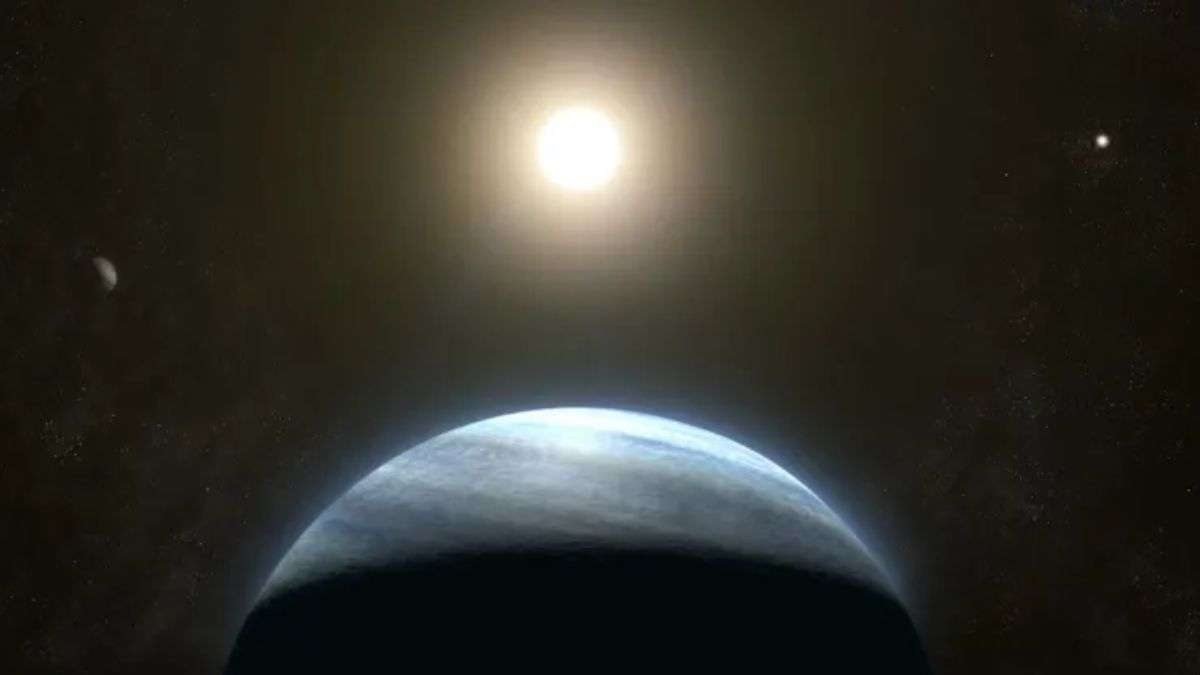
Mini-Neptunes likely have hard surfaces, not magma oceans: James Webb telescope reveals
09 Nov 2025 | Category: Science
A new study using data from NASA's James Webb Space Telescope (JWST) has overturned long-held beliefs about mini-Neptune exoplanets. Earlier, scientists assumed these planets—smaller than Neptune but wrapped in thick hydrogen-helium atmospheres—were covered in global magma oceans.
New Delhi:
The mini-Neptunes are planets with a radius less than that of Neptune yet larger than Earth, owing to their dense hydrogen-helium atmospheres. They are believed to be the most abundant kind of planet based on the exoplanet discoveries by N...
Related Articles
Researchers Identify Gene Expression Differences Between X
Researchers have identified key differences in gene exp […]

Everything to Know About Supermoon Season
It’s time to connect and share.

Chinese scientists discover method to cut defects by 99% with DUV chipmaking equipment, but it destroys EUV pattern fidelity — analyzing photoresist clustering with cryo-ET at 105°C
Lowering defect densities and increasing yields are the key challenges for chipmakers and chip designers who use hundreds of methods for both …